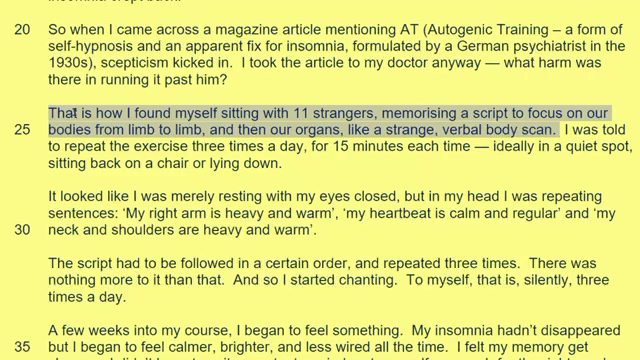Digital Exams Accessibility
– Each spring, schools in England and Wales will be finalising the arrangements for candidates who need Reasonable Adjustments or Special Consideration for the summer series of A Levels and GCSE examinations. In England and Wales, examples of reasonable adjustments include, among others:
• Modified papers – large print, electronic (PDF) or Braille
• Access to assistive software – voice recognition systems or computer readers (to speak the electronic PDF digital files).
• A human reader or scribe to read questions to the student or write their dictated answers
• Extra time to complete assessments
These adjustments are not new but the number of students requesting them grows year on year. In the year 2022/3 there were over 121,000 requests for human readers and computer readers and there is a view that the numbers may keep rising. A student taking eight GCSEs will have about 30 hours of written papers, depending on their subject choice.
In the recent past, if a student needed a reader, a teacher or learning support assistant would step in and that student would go off into a separate room with an invigilator as well. Now schools struggle to find the rooms and the staff and often advertise for additional support. A recruitment company advertised for readers and scribes at £10.98ph (in 2023) so 30 hours of support for that one candidate would cost £329.40 and double the amount if they needed an extra invigilator.
Financial concerns are just one part of the equation. Schools are also tasked with preparing students for their future lives. While it’s impossible to predict the job market in five or ten years, it’s clear that few jobs will provide a reader or scribe. Therefore, it’s essential to encourage young people to become independent learners and workers whenever possible.
Sensory Readable PDF computer reader speaking an exam question, changing background colour and synchronised underlining with the voice.
Digital exams for all from 2026?
The AQA examination board has announced that the reading and listening components of its GCSE Italian and Polish will be assessed digitally in 2026. That is when your current year 9s will sit their GCSEs. They believe digital exams:
- Allow young people to use their digital skills
- Are better for the environment
- Are truer to the digital world people are growing up and working in
- Can help students with special educational needs
- Stops students worrying about their handwriting
A small number of computer readers meet the Joint Council for Qualifications JCQ Access Arrangement Guidelines, and Sensory Readable PDF Reader is the most recent. Computer readers are easy to use and have proven benefits for learners so now is the time to make them part of the normal way of working for learners with SEND. Deploying computer readers in school will make learners more independent and will free up your staff to teach and support more students.
Useful Links:
Sensory Readable PDF Reader JCQ Compliant Exam computer reader
